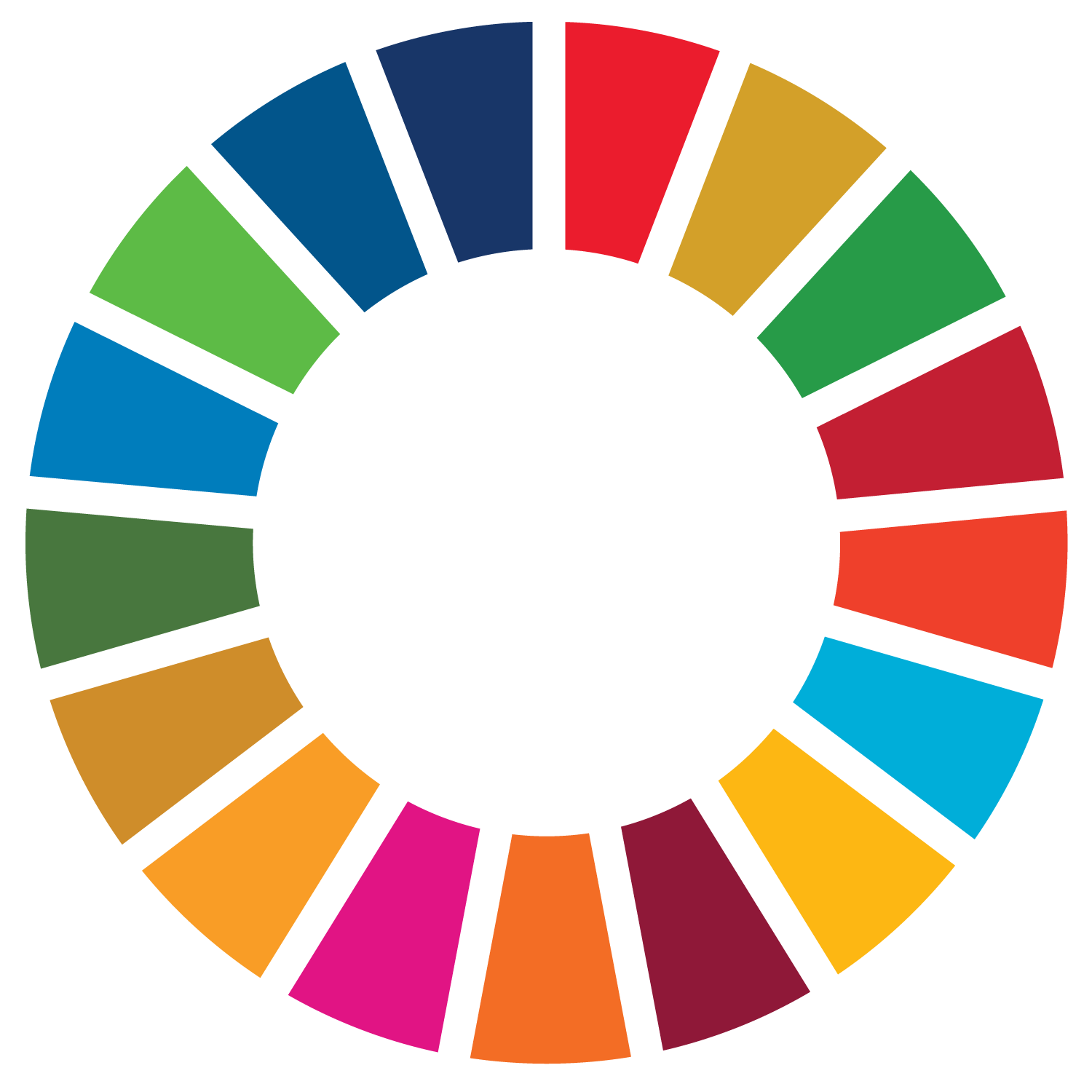Image source: Burcu Koleli for UN Women 2022
The interplay between gender and sustainability, be it in the realm of environmental, social, or economic development, has long been a topic of discussion. The sphere of water resource management is no exception.
Women are often disproportionately vulnerable to the negative impacts that a lack of safe access to this vital resource has. Across low-income countries, it is women and girls who bear the primary responsibility for procuring a household’s water supply and sanitation. This responsibility often prevents them from participating in education or the labor market and, combined with the added insecurity of not having private access to hygiene facilities, exacerbates their existing marginalization in society.
While women bear the burden of water scarcity and related impacts, they are also indispensable to providing solutions to it. Including women in the management of water resources increases the environmental and economic benefits to their communities: it’s time to abandon the stereotypical image of women as water carriers and recognize them as water managers.
 In the spirit of the conviction that implementing IWRM and achieving SDG 6 targets is impossible without advancing gender equality, UNEP-DHI contributed to the preparation of the report “Advancing towards gender mainstreaming in water resources management”. The report showcases a range of practices through which countries have advanced women’s participation in water management, such as explicitly integrating gender and egalitarian legal frameworks into water policies and provides recommendations on how to replicate and upscale those practices.
In the spirit of the conviction that implementing IWRM and achieving SDG 6 targets is impossible without advancing gender equality, UNEP-DHI contributed to the preparation of the report “Advancing towards gender mainstreaming in water resources management”. The report showcases a range of practices through which countries have advanced women’s participation in water management, such as explicitly integrating gender and egalitarian legal frameworks into water policies and provides recommendations on how to replicate and upscale those practices.
Whilst taking a constructive approach, the report draws attention to the persisting underrepresentation of women in WRM. This issue is further explored in the recent UN-Women report “Progress on the Sustainable Development Goals: The gender snapshot 2021”, to which UNEP-DHI was also a contributor. As of 2020, only 26 per cent of 170 countries were actively pursuing this strategy, with lack of earmarked funds and actionable plans prioritizing gender considerations identified as key barriers to implementation.
There is still much to achieve in terms of gender equality and striving for change will not only serve women. As population growth and water scarcity intensify, and the triple planetary crises of pollution, biodiversity loss, climate change loom, the world will need women to secure more sustainable access to this finite resource. Without the inclusion of half the world’s population, it is unlikely we will be able to develop the solutions required to realize the sustainable future we are aiming for.
Let us celebrate all the ways women and girls are contributing to sustainability action, whether in water management, climate action, economic development or otherwise, and help ensure their voices are heard, and their work supported.
The reports can be downloaded in full using the links below:
Women Remain Underrepresented in Water Resources Management – New Report – GWP
Share this post
UNEP-DHI Centre on Water and Environment
Agern Allé 5, 2970 Denmark
Tel: +45 45169200
